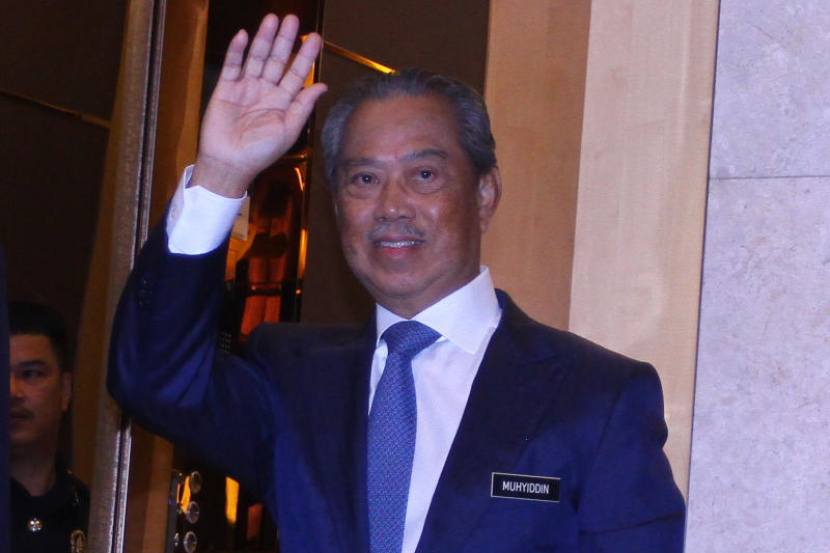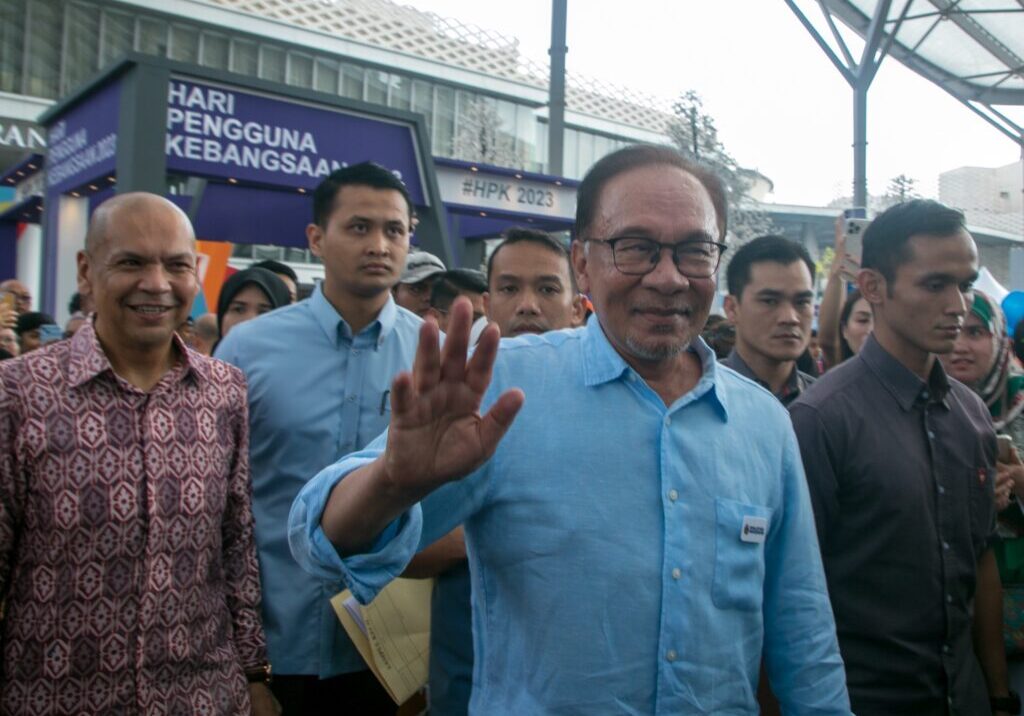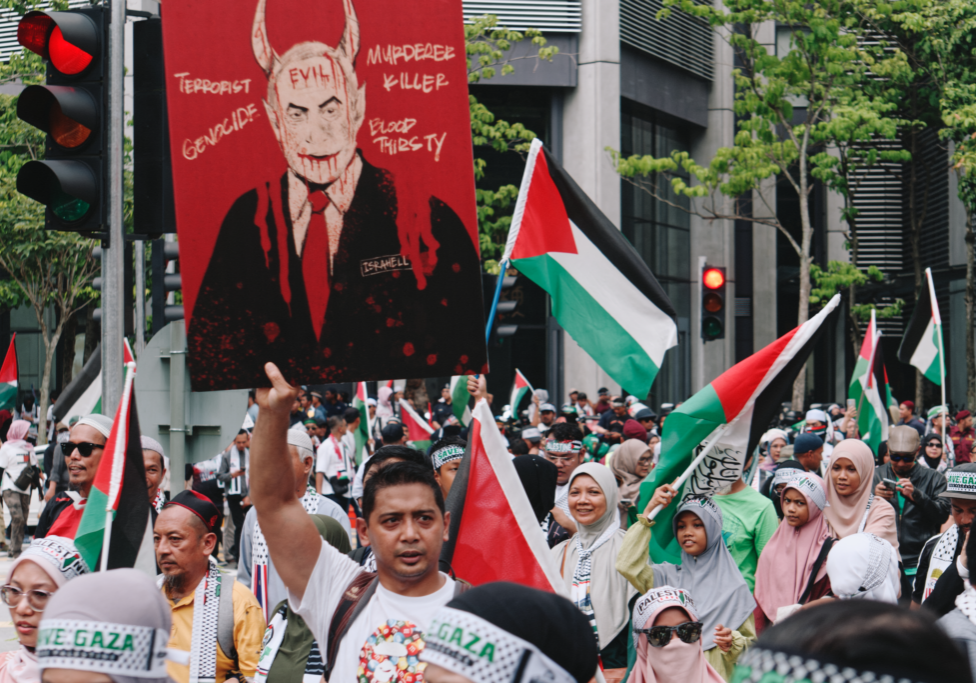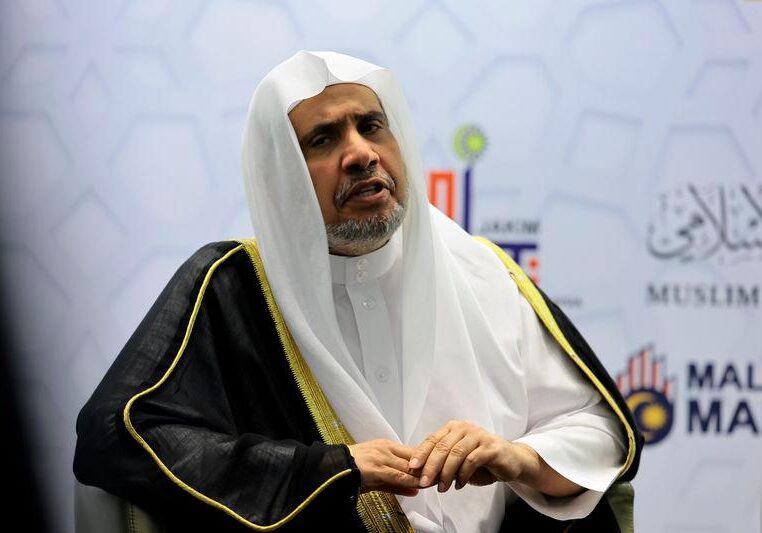Australia/Israel Review
Asia Watch: Shuffling the chairs
Aug 25, 2021 | Michael Shannon

Malaysia’s political quagmire continues to deepen, as COVID-19 cases surge once again despite strict lockdown measures that have remained in force since June. The flimsy coalition backing Prime Minister Muhyiddin Yassin finally dissolved some two weeks after the expiration of a seven-month national emergency decree on August 1.
After meeting the Yang di-Pertuan Agong (King) on Aug. 16, Muhyiddin was retained as caretaker Prime Minster until a successor – unknown at the time of writing – is appointed. What happens next is far from clear, as no grouping has a clear majority in Parliament.
The country faces a new phase of political uncertainty in which shifting alliances and score-settling take precedence over effective governance and policy reform, at least until elections can be held. The palace has stated that a fresh general election is not the best option given the severe COVID-19 crisis.
Having borrowed time for almost its entire 17-month lifespan, Muhyiddin’s Perikatan Nasional coalition had promised to test its numbers in the reconvened legislature on Sept. 7. But in an about-face on Aug. 13, Muhyiddin acknowledged he had lost majority support in Parliament and sought the backing of opposition parties to keep his government from collapsing, offering political reforms that the opposition had pushed for, but the olive branch was swiftly rejected.
Muhyiddin’s tenuous grip on power was fatally undermined when 11 politicians from the United Malays National Organisation (UMNO), the largest party in the ruling coalition, withdrew support for his administration on Aug. 3. In his resignation address, Muhyiddin fired a parting shot at his UMNO opponents, claiming he was “threatened politically” for refusing to intervene in court cases involving leading UMNO politicians.
“I could have taken the easy way out by sacrificing my principles to stay as prime minister. I chose otherwise. I will never cooperate with the kleptocrats, who are waiting to be freed by the courts,” Muhyiddin said, without naming the senior leaders facing corruption charges.
UMNO, Malaysia’s dominant political party for 70 years until its rule collapsed under the stench of corruption in the May 2018 general election, is split at every level, from the grassroots to the executive and parliamentary caucus.
The election aftermath brought talk of reform, but momentum in that direction was blunted by the retention of Ahmad Zahid Hamidi as president in a party ballot. The UMNO stalwart faces 87 corruption charges but is vigorously campaigning while facing trial. So too is former Prime Minister Najib Razak, who has dominated by-election campaigns despite facing charges of massive corruption. UMNO appears stuck with its so-called “court cluster” of indicted leaders, with Najib actually still very popular with the grassroots and portrayed as a victim of political persecution by former PM Mahathir Mohamad.
While some of UMNO’s senior parliamentary leaders have taken a pragmatic line towards political alliances, it is clear that the bulk of UMNO party cadres do not believe that the path back to power requires broadening its appeal to other constituencies. Rather, a doubling down on Ketuanan Melayu – a Malay-centric agenda, is seen as the proven formula.
UMNO’s default position is to maintain special privileges for Malays, who make up about 60% of the population. It’s also a proven recipe for entrenching mediocrity and rent-seeking across public education, the government, the Muslim hierarchy, the politically-owned press, the courts, the police and the business community.
Key to that agenda has been asserting the primacy of Islam. Although the process of gradual Islamisation dates back to Mahathir’s first term – a bid to head off the conservative Islamic populism of PAS (Parti Islam seMalaysia) – the past decade has seen increased power for Sharia courts in PAS-controlled states and a dramatic increase in funding for Department of Islamic Development Malaysia (JAKIM), a powerful agency linked to apparently unassailable and increasingly intrusive religious rulings.
Keeping faith with Malay sensibilities, playing to its anxieties, is so entrenched that neither Muhyiddin, Najib, nor Mahathir – let alone PAS – has moved to break with it. The first-past-the-post electoral system and single-member constituencies also ensure that candidates need only appeal to the sectional interests of the dominant group.
Anwar Ibrahim is still held up as the only Malay leader who professes multiculturalism and inclusiveness, but his critics argue that he too has used Islam and pandered to Malay anxieties to further his political ambitions. The Pakatan Harapan coalition government he put together with Mahathir included such disparate partners that it was brought undone by its contradictions. True multicultural reforms were set aside indefinitely.
Whatever political formation emerges from the collapse of the Perikatan Nasional Government, it will have to deal with a country struggling to function amidst a virus that has killed more than 10,700 people and infected at least 1.26 million.
Tags: Malaysia






